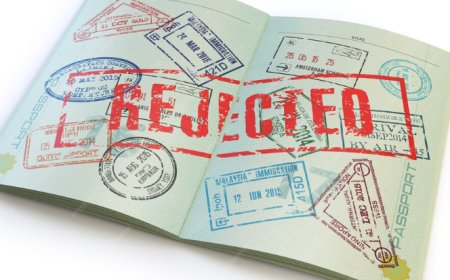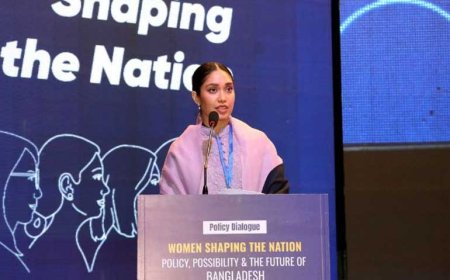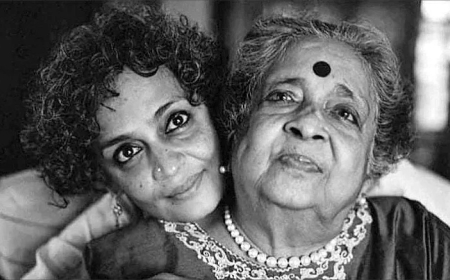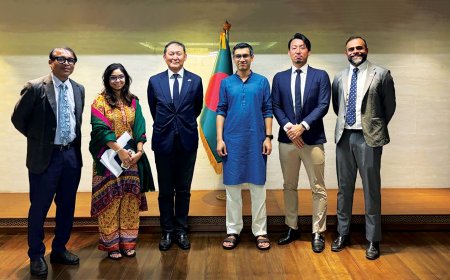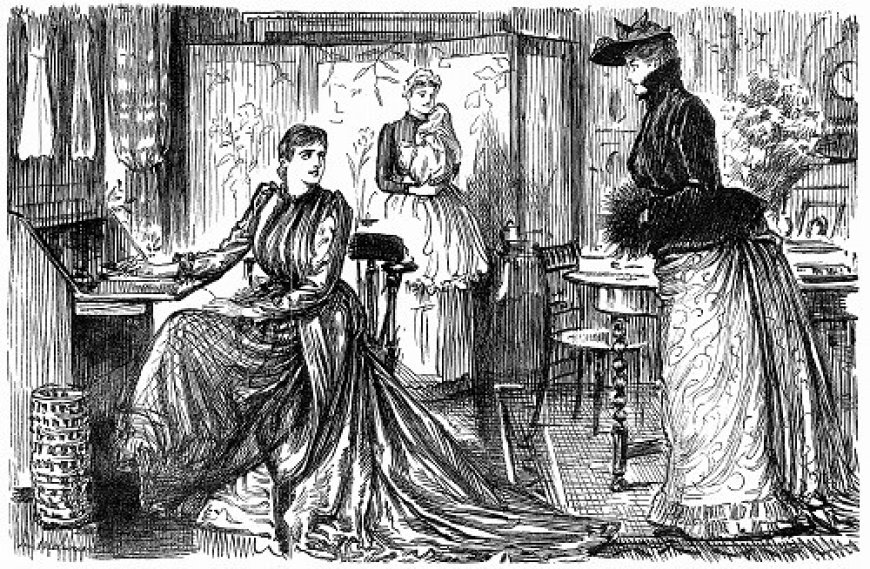Empowerment or Tokenism? Rethinking Women’s Representation in Bangladesh Politics
We need women in politics, but reserved seats are not the way. A better solution would be to mandate 33% nomination quota for each party.
Quota Alone Is Not Empowerment
In the quest for gender equality in politics, we must ask ourselves a difficult question: are we empowering women or simply tokenizing them?
Bangladesh currently reserves 50 parliamentary seats for women -- but these are filled not by public vote, but by party nominations. The result? Most women in these roles lack a voter mandate, have little say in decision-making, and remain on the periphery of power.
“Representation must come with accountability -- not privilege.”
Yes, we need more women in politics. But we must get there through thoughtful reform, not shortcuts that reinforce elite capture or sideline real participation.
The Case Against Contestable Reserved Mega-Seats
There is a new proposal being floated: open one hundred reserved seats for direct election by the public, just like in India’s Women’s Reservation Bill of 2023. At first glance, this sounds democratic. But here’s the catch: if 100 such seats are created, each would span three constituencies -- turning them into “super-constituencies” with lakhs of voters.
For a woman to campaign across such an enormous area would require significant financial, logistical, and social resources. And who has those? Not grassroots women, not activists, not emerging leaders. But the wives and daughters of businessmen, party financiers, and dynastic politicians.
“We risk replacing male dynasties with female proxies -- not building new leaders.”
This isn’t empowerment. This is an elite reshuffle with a gendered face.
A Better Model: Embed Women in the Mainstream
What Bangladesh truly needs is a mandatory 33% party nomination quota for women in the 300 general seats. This will:
- Encourage parties to invest in women’s political careers from the ground up
- Integrate women into constituency politics
- Ensure women engage directly with voters and earn their mandate
At the same time, retain a limited number of reserved seats -- perhaps 25 -- to be directly contested by women, but designed within smaller geographic units to make campaigning feasible. The remaining 25 can remain nominated temporarily, with a clear sunset clause to phase them out.
“Women must rise through party dynamics -- not float above them.”
This hybrid approach balances realism with reform. It avoids creating expensive, unmanageable electoral platforms that only the elite can access while still building a future pipeline of women leaders.
Australia Shows Another Way
Australia has no reserved seats in law. Yet its parliament is nearing gender parity. How?
Through internal party reforms.
The Australian Labor Party introduced a binding gender quota for candidates. Today, women make up over 45% of the House of Representatives and over 50% of the Senate -- without any constitutional mandate. Women there compete, win, and lead through open politics -- not protected lanes.
“The political will to empower women is more powerful than a quota alone.”
Bangladesh can adopt this model: demand more from parties, reward those that promote women, and penalize those that don’t.
The Missing Pipeline: Student Politics
No transformation is complete without early-stage investment. And this is where student politics plays a critical role.
For decades, Bangladesh’s top political leaders have emerged from campus politics. But today, female students are often discouraged, marginalized, or even unsafe in these spaces. We need urgent reform.
Here’s what student politics can do:
- Reserve 33% of student organization leadership roles for women across universities
- Reintroduce free and fair student union elections with strict safety protocols
- Provide leadership training in campaigning, debate, and policy for female student politicians
- Enforce zero tolerance policies for harassment to ensure safe participation
“If we don’t build leaders in the dormitories, we won’t find them in parliament.”
Look at India’s Jawaharlal Nehru University (JNU), where student union presidents have included strong female voices like Aishe Ghosh. Or Pakistan’s Punjab University, where female students have successfully mobilised around social justice issues and made inroads into campus politics. These aren’t just symbolic wins; they’re leadership incubators.
Bangladesh can follow suit by reviving student union elections and ensuring women have meaningful roles -- not just cultural secretary or women’s affairs coordinator, but general secretary, president, and policy leads.
This grassroots investment will pay off years later when those same women become party organisers, councillors, MPs, and ministers -- not because of a quota, but because they earned their place in the trenches of politics.
Let’s Be Clear About the Goal
We must stop confusing access with empowerment. A nominated position is not the same as earned authority. Reserved seats are not crowns -- they are crutches if misused.
“The goal is not to protect women from politics. The goal is to prepare them for it.”
Let us open real doors. Let us make parties accountable. Let us invest in leadership early and push women into the heart of electoral politics -- not the margins.
Bangladesh doesn’t need women in politics just for the photo op. It needs women with power, policy, and purpose.
What's Your Reaction?














